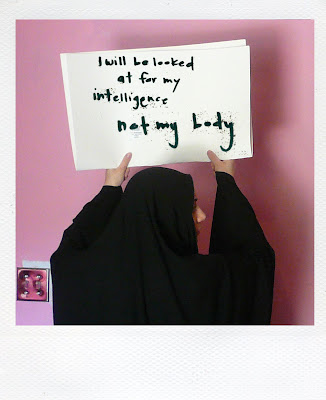
Words to My Muslim Sister
Know, my dear Muslim sister, that you are man's sister and half of humanity. You are a mother, wife, daughter, sister, aunt, grand daughter or grand mother. The Prophet said, what translated means, Women are, indeed, men's partners. [Abu Dawud]
You are a member of the great nation of Islam, the best nation ever produced for mankind. No other nation on earth has more great men, leaders and conquerors than this nation. It is the nation of guidance and the straight religion, and it leads humanity to righteousness and truth. It transforms people from worshippers of slaves to worshippers of the Lord of slaves, from life's pressures to the pleasures of the Life after, and from the injustice of other religions to the justice of Islam.
Your ancestors, great women of Islam, were one of the main reasons for this great nation to take this great place among all nations. Allah, Who granted Islam to this nation, made a high place for Muslim women, and decreed that they share in the responsibilities of enjoining truth, forbidding evil and raising the flag of Islam. He said, what translated means,
"The believers, men and women, are loyalists of one another, they enjoin righteousness and forbid evil, they offer their prayers perfectly and give the Zakat, and obey Allah and His Messenger. Allah will leave His Mercy on them. Surely Allah is All-Mighty, All-Wise." [Noble Quran 9:71]
Allah has given Muslim women what they can bare of orders and duties. He is the God Who knows His creation,
"Should He not know what He created? And He is the Most Kind, All-Aware (of everything)." [Noble Quran 67:14]
My dear sister, you are called upon today to truly become an active member of the Muslim nation, strive to establish victory for Allah's Word, implement the Quran and help build the generation of Iman.
Read more...






















